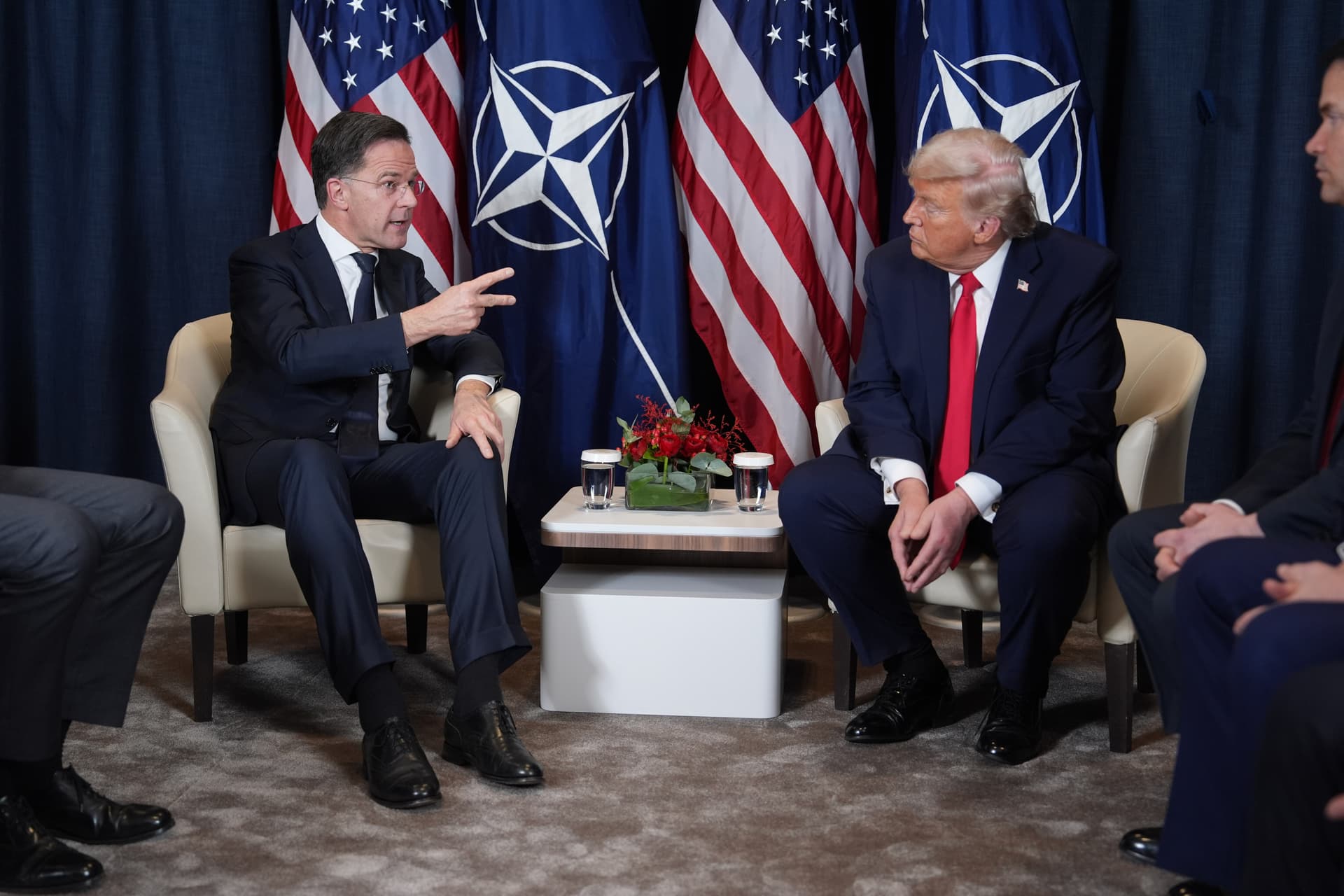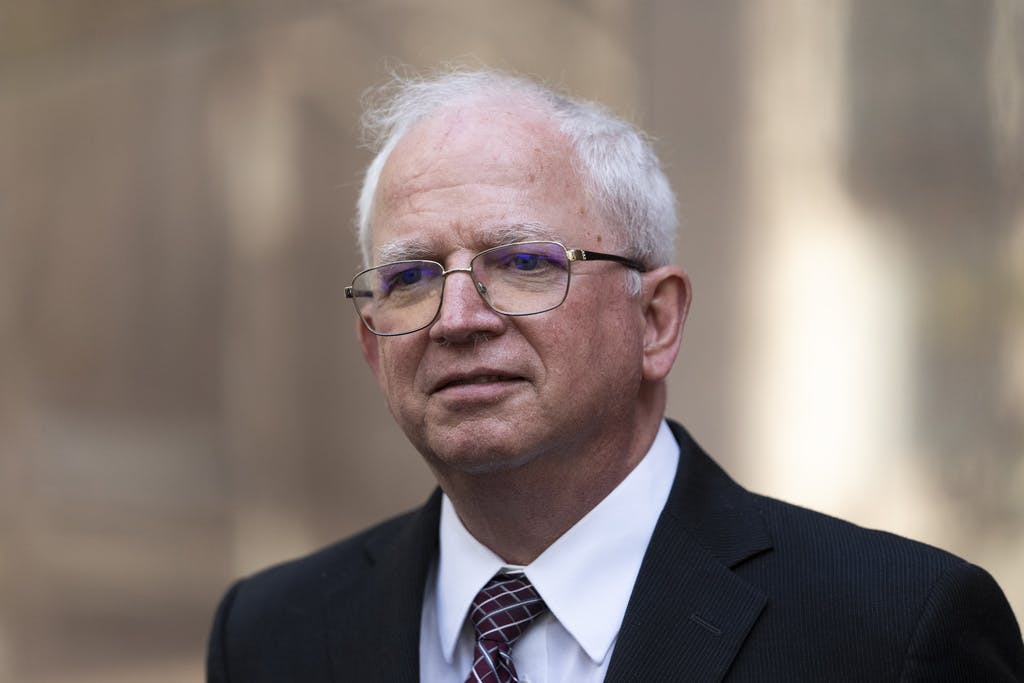
NATO’s Trillion-Dollar Paradox: Why Hitting Two Percent Means Less Than You Think
By HOLLIE McKAY
|A political scientist told the court there was ‘no indication’ of deceased people voting, but rather there was evidence of some voters having ‘unpleasant administrative experiences’ when casting their ballots either in-person or via mail.

Already have a subscription? Sign in to continue reading
$0.01/day for 60 days
Cancel anytime
By continuing you agree to our Privacy Policy and Terms of Service.

By HOLLIE McKAY
|
By MATTHEW RICE
|
By DANIEL EDWARD ROSEN
|
By MATTHEW RICE
|
By DONALD KIRK
|
By LUKE FUNK
|
By BENNY AVNI
|
By NOVI ZHUKOVSKY
|